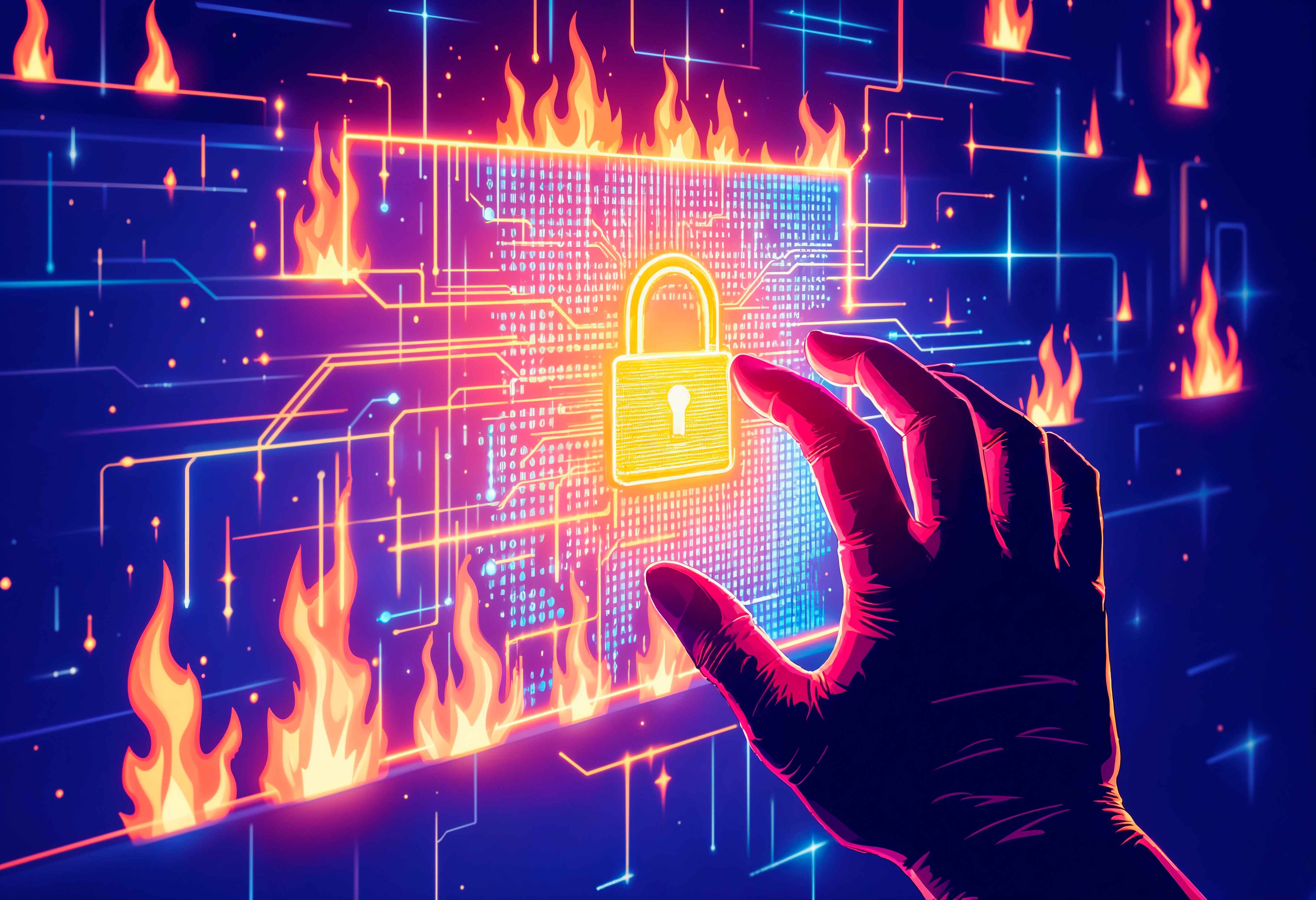Defending Digital Frontiers: The Critical Role of Firewalls in Cyber Security
 Krisha
Krisha
Cyber threats have never been at a higher escalation. This forced the need for individuals and organizations to have strong security. A firewall represents the first line of defense against cyberattacks, which filter inbound and outbound network traffic according to pre-defined security rules. Firewalls are crucial to modern cybersecurity frameworks, irrespective of whether they secure personal devices or corporate networks or cloud infrastructures.
Definition of Firewall
A firewall is a system that monitors and controls network traffic in the interest of preventing unauthorized access. The firewall operates as a barrier between trusted internal networks and untrusted external networks, including the internet. Firewalls operate on a set of rules that allow safe communication whilst preventing any malicious activity.
Firewalls Types
Firewalls come in many respective types, each geared toward specific security needs:
Packet-Filtering Firewalls-In the packet filtering, the incoming packets and outgoing packets are examined on basis of IP addresses, ports, and protocols. Though the firewalls provide a basic level of security, they lack any capability for in-depth inspection.
Stateful Inspection Firewalls-They keep track of the active connection and make a real-time decision about the traffic based on the state and context.
Proxy Firewalls-They sit in between the user and web resources and provide both security and privacy by filtering the malicious traffic.
Next-Gen Firewalls (NGFW)-They provide advanced features through deep packet inspection, intrusion prevention, and application-layer filtering, hence defend against even the sophisticated cyber threats.
Role of Firewalls in Cybersecurity
1. Preventing Unauthorized Access
By impeding unauthorized access attempts, the firewalls prevent hackers from ever gaining ground against their malicious habits. They do so by limiting the entry points into a network, thus permitting an authorized user or application to communicate.
2. Mitigation of Malware and Ransomware Threats
In the age of increasing ransomware attacks and malware infections, firewalls play a role in detecting and blocking this suspicious traffic all the way to the designated critical systems. In this case, it is pertinent to note that an NGFW does take advantage of the intelligence assigned to threats and neutralizes the potential risks.
3. Enhancing Networks for Security with Remote Workers
The shift to remote work has also widened the arsenal of cybercriminals. The firewalls secure the VPN connections with the corporate assets while guaranteeing that remote employees safely access networks.
4. Control Network Traffic and Bandwidth Usage
Firewalls control bandwidth usage to prevent congestion and maximize efficiency. They are trusted by companies to provide dedicated data flow while blocking unwanted traffic.
5. Protecting Cloud-Based Assets
With the migration of more workplaces onto cloud platforms, cloud firewalls have become vital. They protect the workloads and guarantee secure transmission in compliance with industry regulations.
Emerging Trends in Firewall Technology
The evolution of the cybersecurity landscape has inspired the evolution of firewall technology.
AI-Enabled Firewalls: Today, firewalls leverage artificial intelligence (AI) technology to analyze traffic patterns in real-time and predict threats. AI-enabled security improves verification against possible threats and accelerates detection and response.
Zero Trust Network Access (ZTNA): Firewalls utilizing Zero Trust principles do so by verifying each and every access request before allowing permissions.
Firewall as a Service (FWaaS): Cloud-based firewalls have become a key area of growth due to demand from organizations looking for scalable and cost-effective security solutions.
Artificial Intelligence is powered and trained on data until October 2023.
As a result of surging cyber threats in India, the demand for strong security solutions is on the rise; as noted by some reports, the instances of cybercrime in India have increased drastically, compelling Indian industries to put their money in firewalls and security measures to neutralize this threat.
The growth of cybersecurity development in India has seen cities like Pune emerge as big tech and security hubs. With the expanding IT sector, there is a commensurate increase in the need for professionals good at ethical hacking, penetration testing, and network security. Those interested in starting a career in this domain can look forward to Learn Ethical Hacking online in Pune and get hands-on experience in firewall configurations and cyber defense strategies.
Conclusion
Firewalls form the foundation of cybersecurity, offering much-needed protection against unauthorized access, malware, and different forms of cyber threats. As technologies advance, next-generation firewalls are moving on-the-edge integrating AI, cloud security, and Zero Trust models also. Cybersecurity is gaining traction in India, while cities like Pune are upgrading their IT landscape; therefore, organizations must ensure that advanced cybersecurity course Pune offerings are geared toward training the next generation of security professionals. An investment in firewalls and skilled personnel is necessary for creating a resilient digital defense strategy.
Subscribe to my newsletter
Read articles from Krisha directly inside your inbox. Subscribe to the newsletter, and don't miss out.
Written by
